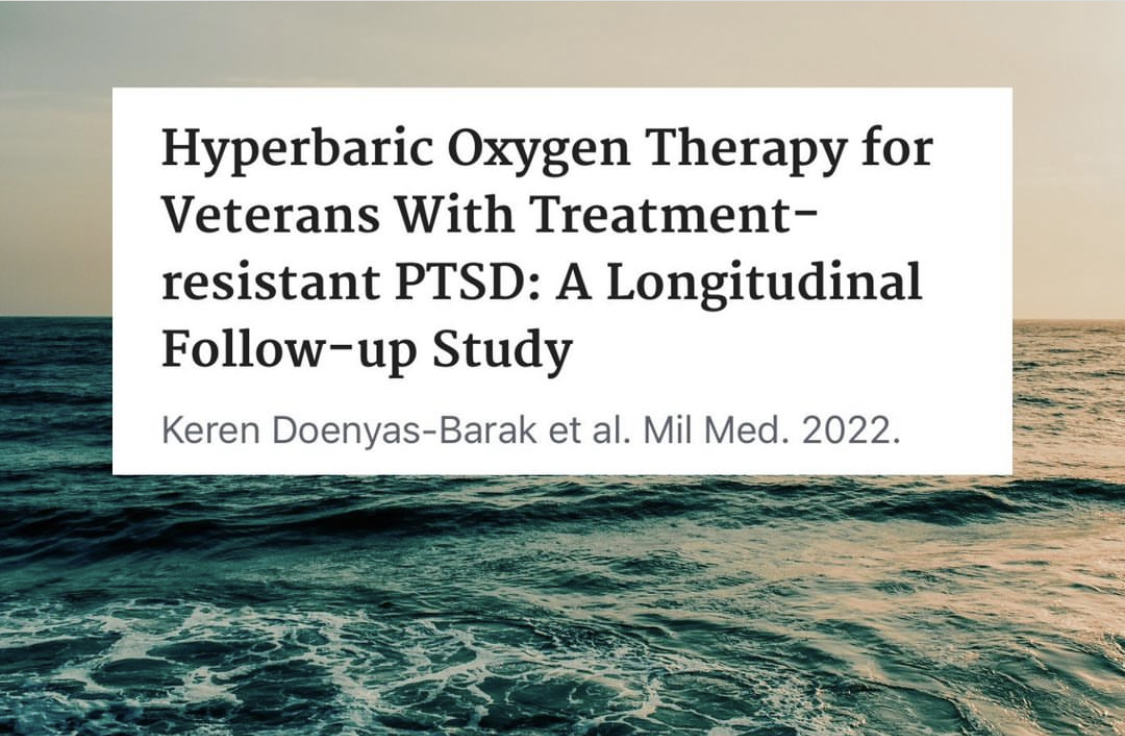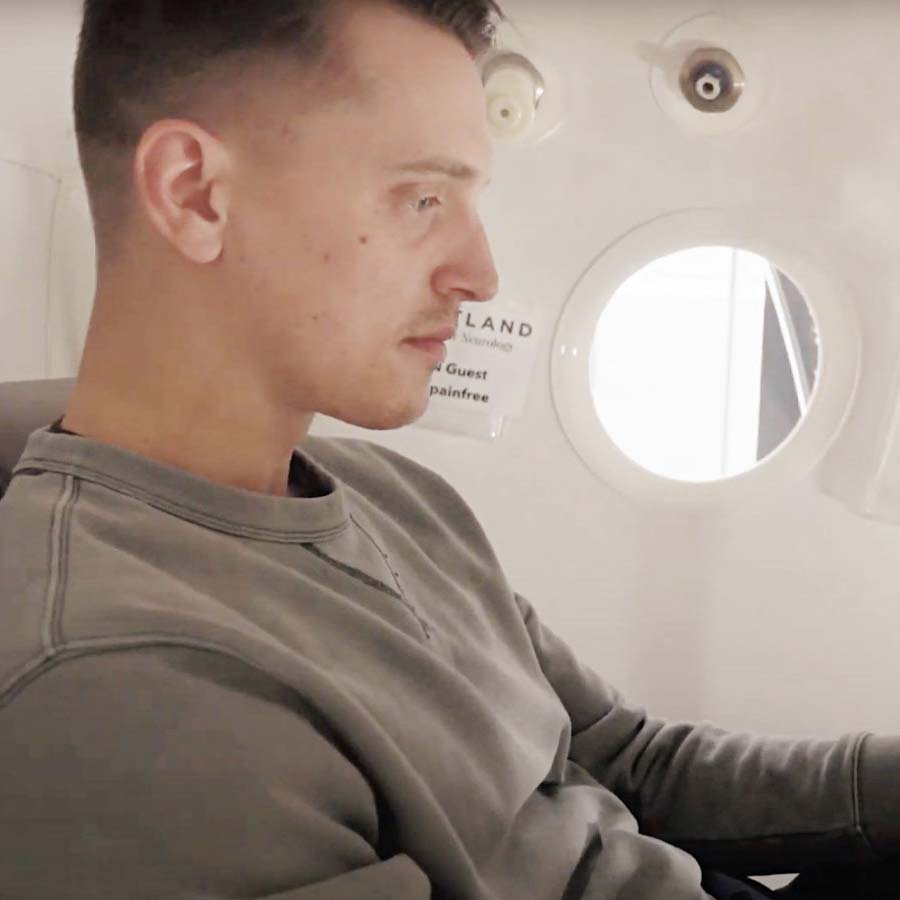
Hyperbaric Oxygen Therapy (HBOT) is gaining popularity in its ability to help people suffering from PTSD, stress, depression, and other mental health issues. One reason for this is that HBOT is able to induce neuroplasticity, which is the formation of new pathways and connections within our brain that allow us to think, feel, and behave differently.
When we’re stressed, anxious, or depressed, we’re likely utilizing pathways in our brain that were created around those feelings. They may be connected to a certain topic or event in our past. If we want to change them, we must change the way we think and feel about something. That requires neuroplasticity to change the route information travels in our brain. Hyperbaric Oxygen helps us achieve these changes in our brain, often paired well with counseling or other types of therapy.
The study referenced is a follow up to a study performed a few years ago that showed tremendous changes to veterans suffering from PTSD. This follow up was two years after the initial study and remarkably showed the changes had continued and the PTSD was still lessened.
“In a short-term study, we showed that hyperbaric oxygen therapy (HBOT) induced neuroplasticity and improved clinical symptoms of veterans with treatment-resistant PTSD. Here, we evaluated the long-term clinical symptoms of the participants of that study.”
The study concluded that improvements in PTSD from HBOT were maintained! They still felt better! The follow-up was about 2 years after completion of HBOT, and showed additional long-term effects in social function and in decreased medication use.
This study corroborates many others that also show positive changes in well-being and mental health status, whether the patient was suffering from PTSD, stress, anxiety, depression, or other after hyperbaric oxygen treatment, months to years after initial treatment.
- Doenyas-Barak K, Kutz I, Levi G, Lang E, Beberashvili I, Efrati S. Hyperbaric Oxygen Therapy for Veterans With Treatment-resistant PTSD: A Longitudinal Follow-up Study. Mil Med. 2022 Nov 26:usac360. doi: 10.1093/milmed/usac360. Epub ahead of print. PMID: 36433746.

